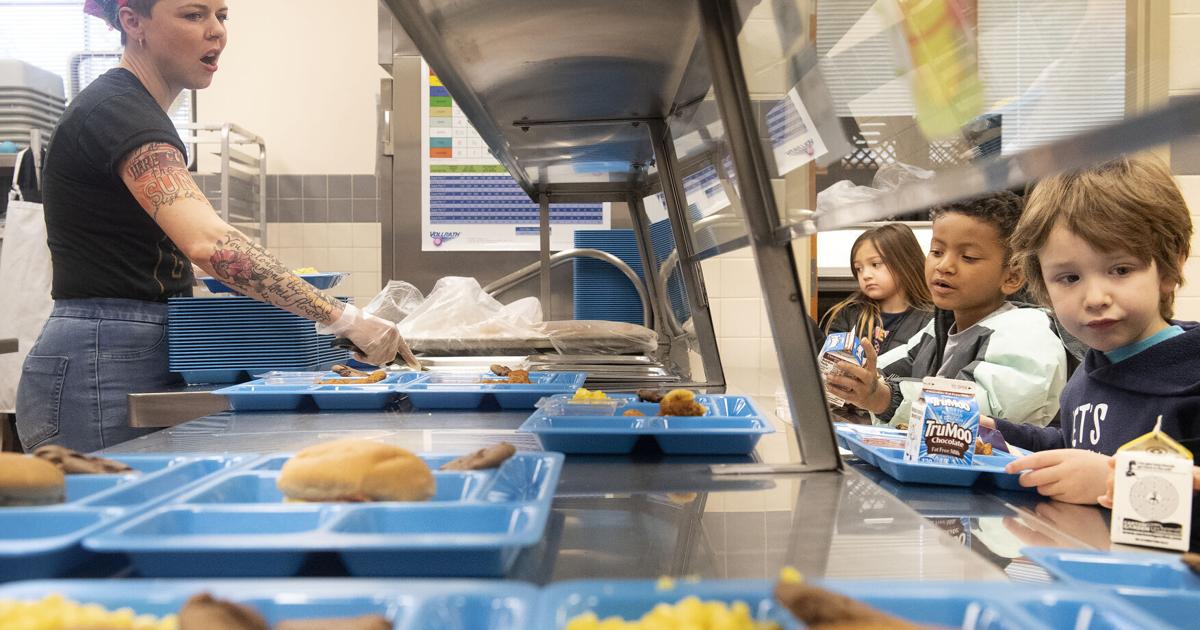Lincoln Public Schools appears on track to fix a bad situation, and that’s good, because it’s hard to learn on an empty stomach.
School cafeterias and the meals they serve are central to students’ success, part of the reason why resources like the federal free- and reduced-lunch program exist for families who may not necessarily be able to afford the cost.
Even with those resources available, some families may, for whatever reason, fall behind in paying for those meals. They may accrue some debt, a relatively small amount for feeding their children.
It was troubling, then, to learn that LPS was one of the few school districts in Nebraska to send such small sums of debt to collection agencies, referring nearly 1,700 cases — averaging $67 in debt — to collector Professional Choice Recovery last school year. In fact, it referred lunch debts last school year to third-party collectors at a far higher rate and over lower amounts than any other district contacted by the Flatwater Free Press, which reported its findings last week.
People are also reading…
On Wednesday, LPS signaled it would reverse course, promising to end the practice of sending collectors after families with negative lunch balances, which instead will be covered by general-fund dollars if still outstanding after three years under a proposal set to go before the Lincoln Board of Education next week.
This is a good move. Sending collectors after families who are likely already struggling financially sent the wrong message from a district that prides itself on its mission of supporting all.
It also builds off the positive things LPS has done in this area. Remember that LPS mobilized during the early months of the pandemic to get meals to students when schools were closed. And last school year, it implemented a federal program that allows LPS to provide free meals to all students at schools in low-income areas.
The debt collection practice was simply incongruent with these steps.
Sen. Danielle Conrad of Lincoln recognized the potential harms, introducing a bill that would nix the practice, which she said primarily hurts working-class families who live paycheck to paycheck but don’t necessarily qualify for free or reduced meals. The practice can lead to a swarm of collection letters that can ultimately end in wage garnishment and damaged credit scores, Conrad added.
This issue also must be understood in the context of COVID and resulting economic conditions: During the pandemic, the federal government made school meals free for all. When those waivers ended, school debt soared and families suffered. Nutrition programs, meanwhile, had to navigate changing rules, higher food costs and inflation. LPS in 2022, for example, opted to raise meal prices.
But that still did not justify sending collectors after families, a practice that perpetuates the perceived shame some families — and even students — may experience over difficulties affording school meals.
Most urban Nebraska school districts, like Omaha Public Schools, have found solutions that don’t involve collection agencies. LPS, which reviewed its policies amid the legislative push, did right to find its own.
